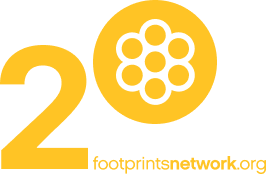
Since 2005, travelers like you have helped us change the world through micro-donations.
Celebrating 20 Years of the Footprints Network
20 years ago, we founded the Footprints Network as a way for World Nomads travelers to give back to the places they visit.
Through the Footprints program, you can make a small donation to a community development project when you buy our insurance.
Over the years, those funds have supported more than 3 million people by helping fight poverty and hunger, improve health and well-being, conserve wildlife, and end inequality.
Watch the video to learn the story behind Footprints and what we've been able to accomplish, with the help of our travelers.
Learn more about our impactCase studies
These are just a few examples of the positive impact our charity partners have had, thanks in large part to Footprints funding.
Changing Lives Through Education in the Himalaya
Since 2006, the Footprints Network has helped the Australian Himalayan Foundation deliver quality education, health, and environment programs in Nepal and Ladakh that are improving lives now and for generations to come.
$669,215+ AUD donated funding 27 projects
- 40,000+ students have accessed 300 schools with improved facilities, trained teachers, child-friendly resources and materials
- 2000+ teachers trained with knowledge, skills and strategies to engage students and improve learning outcomes
- 4500+ scholarships provided giving students access to uniforms, books, stationery, educational materials, toiletries and meals
- 1.2 million students received lesson broadcasts multiple times a day throughout COVID-19 isolation periods
- 55,000+ people received access to improved health services
- 87 earthquake-resistant classrooms built in 26 schools
- 5 fully enclosed livestock corrals built, benefitting 140 people and preventing human-wildlife conflict with snow leopards
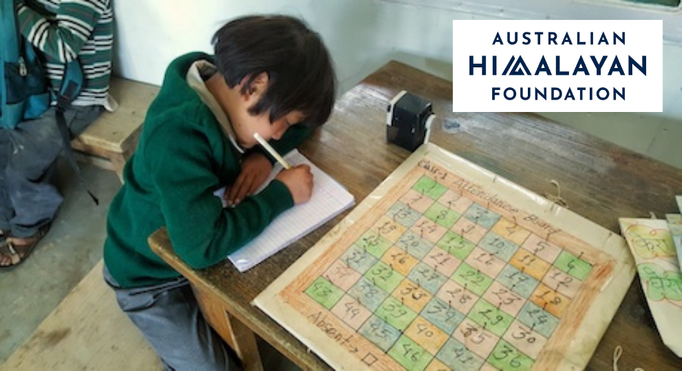
Saving Leatherback Sea Turtles in Panama
Since 2016, World Nomads customers have helped Sea Turtle Conservancy (STC) protect critically endangered Leatherback Sea Turtles in Panama through education, training, direct protection, and community outreach.
$90,000+ AUD donated for projects in Panama
- 21,000+ travelers donated funds via the Footprints Network
- 5 projects funded across Soropta Beach and Bocas Del Toro islands in Panama
- 5+ areas of focus including turtle & habitat protection, community education, eco-tourism, and climate change studies
- 30% nesting increase at Soropta Beach since first project in 2016 (average up from 630 to 800+)
- 30+ local community members trained and carrying out ongoing work to monitor and protect nests, run eco-tourism programs etc.
- 8000+ people positively impacted participated in education and outreach programs, ands benefited from ecotourism activities in the area
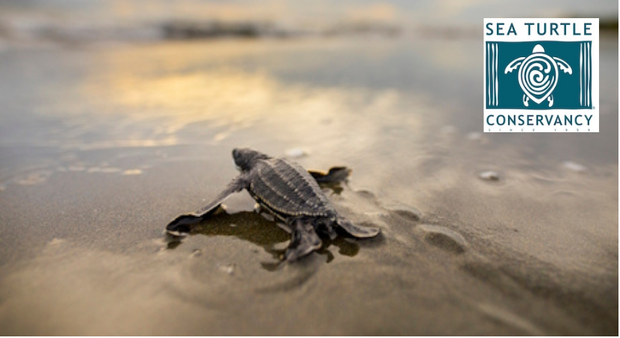
Improving Eye Health for Indigenous Australians
Since 2012, the Footprints Network has helped The Fred Hollows Foundation and its Partners to reduce blindness-causing diseases and strengthen eye health services for Aboriginal and Torres Strait Islander communities.
$569,120+ AUD donated for projects in Australia
- 69,000+ travelers donated funds via the Footprints Network
- 31 projects funded in remote areas of the Northern Territory and Western Australia
- 4+ areas of focus including health and well-being, community education, reduced inequality, and economic opportunity
- 1,200+ local community members trained as health professionals and staff (as of June 2024)
- 174,000+ First Nations people supported, including screenings, eye surgeries, and provision of glasses (as of June 2024)
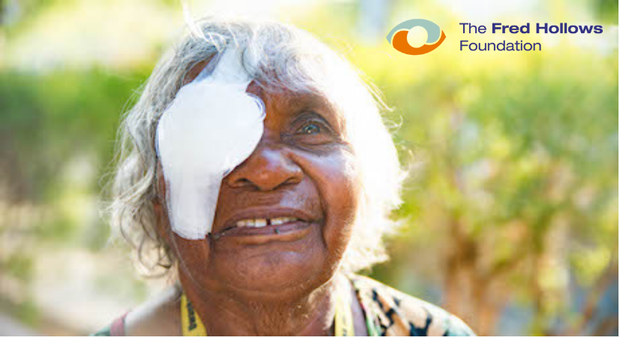
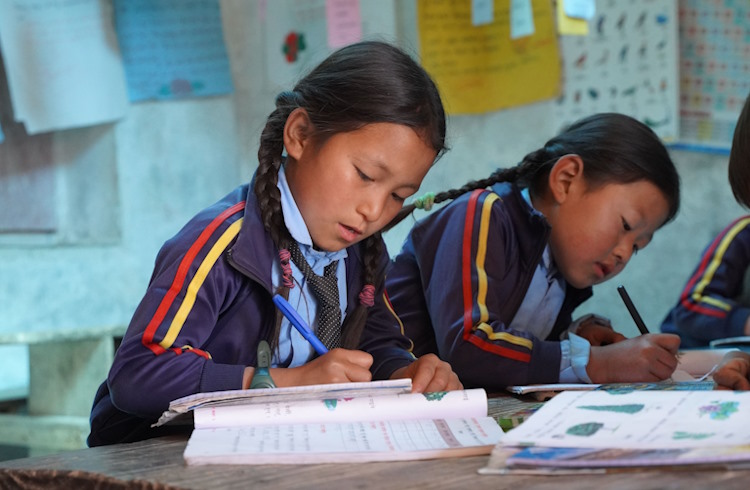
An Interview with Footprints Co-founder Simon Monk
Find out what inspired the World Nomads team to create the Footprints Network, how they came up with the micro-donation process, and how they decided which projects to fund.
Read more